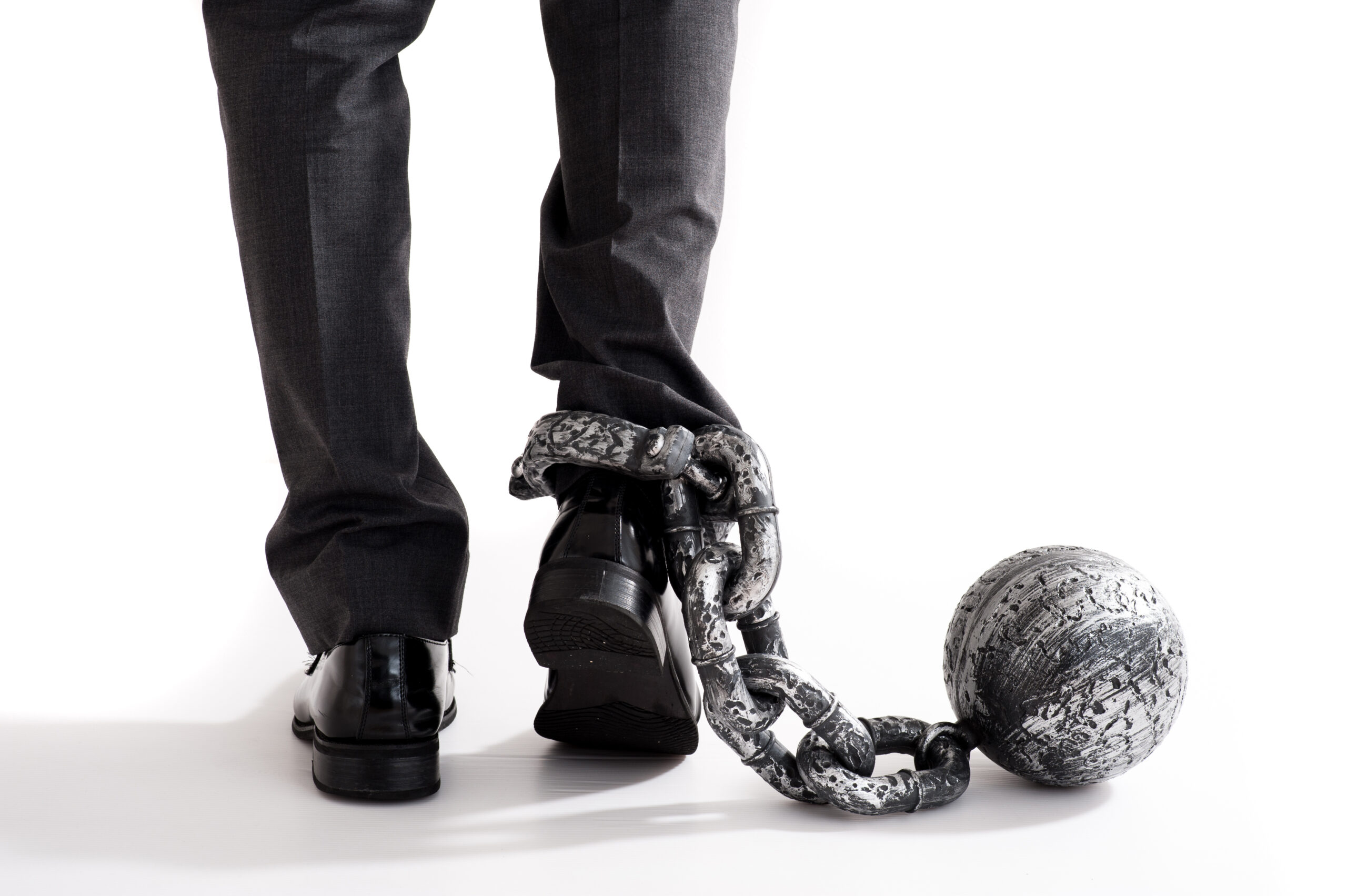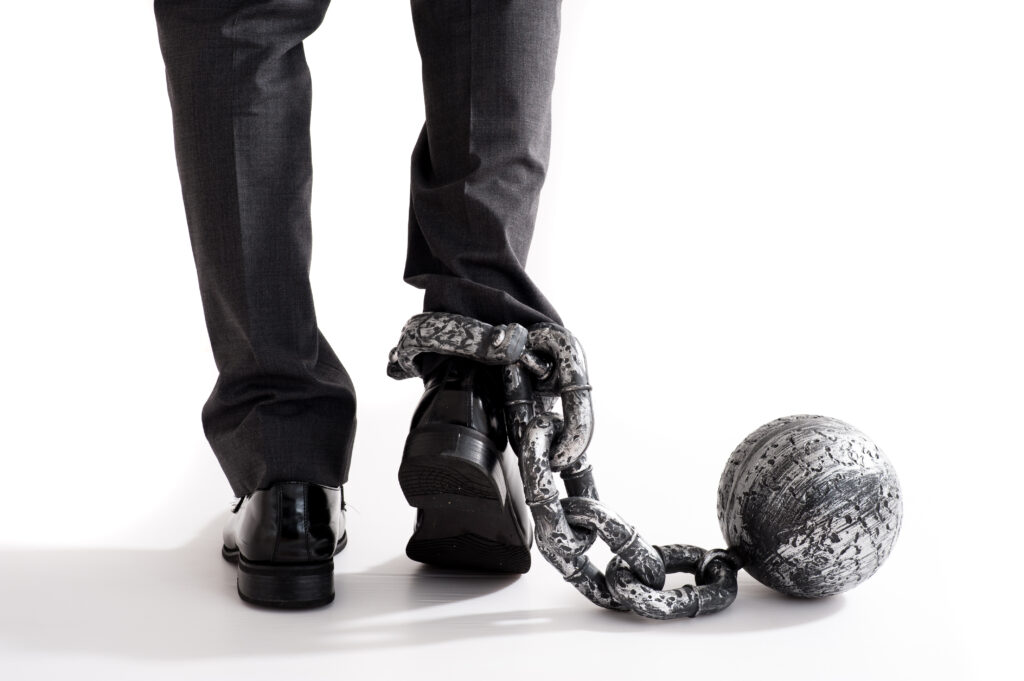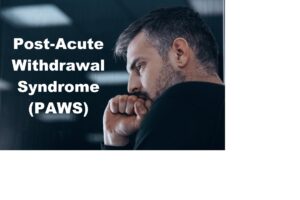When you have an addiction, it can feel like nothing is in your control. It’s scary, it’s tough, and it’s even worse if you don’t know when or how you’ll be able to fuel it. We at Direct2Recovery understand all of that and sympathize greatly. However, we also recognize the importance of explaining how serious drug addictions can be. Addictions are tough on you and your family. Penalties of an addiction can include going to jail, paying a fine, and destroying close relationships.
Today, we wanted to talk about those hard topics.
Legal Repercussions
People caught engaging in illegal behaviors involving drugs, such as taking, selling, or possessing, face a variety of consequences, including:
- Time in jail or federal prison
- Heavy fines
- Community service
- Probation
- Other forms of confinement like house arrest
- A criminal record that negatively impacts your ability to get or maintain a job, receive approval for college loans, vote, own a gun, or join the military
To give hard data, in 2018, 1,654,282 arrests were made for drug law violations. In total, one out of five inmates are in prison due to drug offenses.
Drug Enforcement Schedules
Not all drugs are treated equally in law enforcement. Additionally, selling and possessing drugs can result in criminal charges, but the charges are dependent on the drug and amount you’re carrying. For example, possession of marijuana would merit a lower penalty than selling cocaine. The penalty is decided based on their risks and medical benefits (if any), and, of course, state laws.
These categories developed by the Drug Enforcement Administration (DEA) — called schedules — play a significant role in dictating legal penalties on the federal level. State levels will vary based on location and local legislature. So we don’t get too far into the weeds, we’re just going to outline the federal schedules.
Schedule I: Substances with a high potential for abuse and no medically recognized purpose. Drugs that fall into this category are:
- Heroin
- LSD
- Marijuana
- Peyote
- MDMA/Ecstasy
Schedule II: Drugs that have approved medical uses but still pose a high potential for abuse and dependence. These include:
- Cocaine
- Many opioid pain medications like Vicodin, OxyContin, and methadone
- Methamphetamine
- Prescription stimulant medications like Adderall and Ritalin
Schedule III: Medications and substances with a lower risk of abuse and dependence than drugs in Schedule II.These drugs include:
- Tylenol with codeine
- Ketamine
- Steroids
Schedule IV: Medications with a low risk of abuse and dependence, such as:
- Soma
- Many benzodiazepines like Xanax and Ativan
- Tramadol
Schedule V: Drugs with the lowest risk include:
- Lyrica
- Cough medications containing low codeine levels
Personal Penalties
Addiction affects not only you, but those around you as well. It is extremely common for an addiction to isolate individuals and tear families apart. It is not just a personal issue — it involves everyone close to you.
Spouses, children, and parents who witness a family member struggling with addiction experience emotional damage, as well as financial, legal, medical, and other consequences. It can cause a short-term shock or long-term trauma for them as well.
Why is that? It’s because drugs affect how the user functions and responds to certain stimuli. The user often becomes more aggressive, with shorter levels of patience. More often than not, this results in fighting and arguments with people you love.
When that happens, trust is lost and bridges start to burn. So what happens if it continues?
Marriages can end. Families can disown the user. The user can become homeless. The user can lose their child in a custody battle. Family members can start using drugs to cope. The cycle can continue with the users’ loved ones.
In short, drug use can lead to total isolation and repeated negative behaviors within the family if nothing is done to prevent it.
Medical Penalties
Illicit drugs are not healthy. They hurt your body and impact your health significantly. You may only experience mild consequences at first, such as drowsiness, dizziness, and confusion, but the more drugs that are taken, the more severe the consequences can be.
Heart Attacks and Strokes
Drugs can dangerously increase blood pressure and heart rate, which can tax the cardiovascular system to such a degree that heart attack or stroke may occur.
A 2017 study found 19 common health conditions were higher in patients with substance use disorders. These conditions were arthritis, asthma, chronic pain, congestive heart failure, hypertension, pneumonia, and stroke.
HIV and Hepatitis
HIV or hepatitis can spread when people who inject drugs share needles with one another. The Centers for Disease Control and Prevention reports that people who inject drugs accounted for 7% of diagnoses of HIV in the United States in 2018.
Death
According to the CDC, more than 67,367 people died in 2018 due to an overdose of prescription opioids.
How to Avoid All of This
Addictions are hard on everyone, from the user to their friends and family. While it’s impossible to avoid all of the penalties, it is very possible to negate some of them with proper treatment.
At Direct2Recovery, we’re a Suboxone clinic in Phoenix. We’re an outpatient clinic that provides your family and your loved ones with the help they need to recover from addiction. Our mission is to passionately help as many patients as we can to overcome their addiction and begin to live life at its fullest once again.
We use a medication assisted option of Buprenorphine/Naltrexone (Suboxone) to treat opioid addiction. We will also express the importance of addiction counseling therapy and recommend this to be part of every patient’s treatment.
We strive to make every patient that walks into our office feel comfortable and genuinely welcome. Give us a call today to experience the difference we can make.





